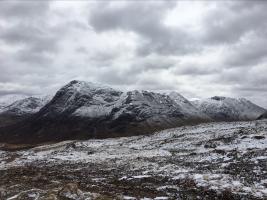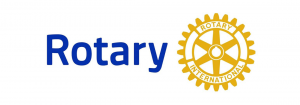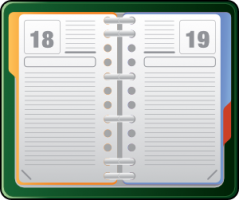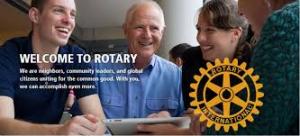Battle of Passchendaele - Ranald Shepherd 9 November 18.00
Thu, Nov 9th 2017 at 6:00 pm - 8:30 pm
Battle of Passchendaele - Ranald Shepherd
Passchendaele: the Third Battle of Ypres
Ranald Shepherd, a member of the Club and a regular contributor to the Rotary talks programme, was warmly welcomed to Thursday’s meeting. Ranald is an expert on battles and military strategy, topics he brings to life with great authority. His subject, the battle of Passchendaele, was particularly timely as this is the hundredth anniversary of the final phase of the battle that lasted from 31July to 10 November 1917.
Siegfried Sassoon’s lines: “I died in Hell. They called it Passchendaele.” set the scene for a story of incredible suffering, with more than a quarter of a million soldiers killed or wounded in each of the British and German armies. At the same time, the battle demonstrated qualities of amazing tenacity and bravery in the face of appalling conditions.
Leading up to the battle, Ranald explained how decision-making in the early part of 1917 had to take account of a complex web of factors. The war was being fought on a number of fronts: as well as the major conflict across the western front embracing Belgium and France, the Italians had joined the Allies and were attacking the Austrians; in the east, the Russians had opened an assault on the Germans; and there were other fronts in Egypt and the Balkans. A further factor to be weighed in considering a fresh attack on the Germans was the demoralization of the French forces after severe losses.
Despite opposition from the Prime Minister, Lloyd George, Field Marshal Sir Douglas Haig, argued forcefully, and ultimately successfully, for a campaign to drive back the Germans to the north and east of Ypres to allow capture of the ports of Ostend and Zeebrugge, at that time strategic ports for the German U-boat fleet which was threatening Britain’s food and military supplies. Fundamental to the success of this strategy was the capture of Passchendaele.
Following the capture in early June of the Messines Ridge– an important strategic prelude to an assault on Passchendaele – the Allied attack was planned in a number of phases, the first to begin on 31 July, preceded by a massive artillery barrage. Despite early gains, a counter-attack by the Germans forced the Allies back almost to their starting-point, with 70 per cent losses. Further attacks were then launched on 10th, 16th and 22nd August. These were largely thwarted by appalling wet conditions, with thick mud and surface water limiting any advances to about one mile. In a dry September, however, under the command of General Plumer, the plan devised was to advance the 6,000 yards to Passchendaele in four steps of 1,500 yards each. This strategy of limited advances with consolidation of the gained positions proved successful, with successive attacks supported by Australian and New Zealand forces leading to gains that left only some 1,500 yards to be achieved to gain Passchendaele. General Plumer turned to the Canadian Corps to spearhead this final advance. Their strategy was to achieve successive gains of 500 yards and then consolidate. Attacks on 26th and 30th October, and 6 November achieved these objectives, with Passchendaele being captured, and with further advances on 10 November to gain control of high ground north of the village.
Although Passchendaele had been captured, the objective of reaching the German U-boat bases failed. Both sides had suffered major losses. Assessments of the battle are mixed, with arguments of beneficial affects on the course of the war being countered by the huge loss of life.
Graham Russell, Speaker’s Host, commended Ranald on a presentation that had clearly captured the imagination of those present, for which all were very grateful.








